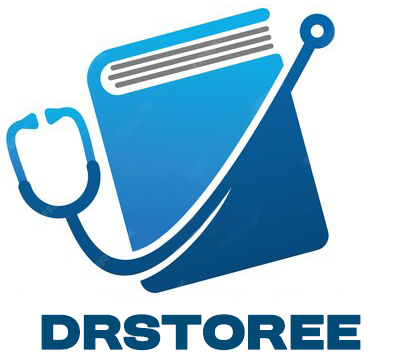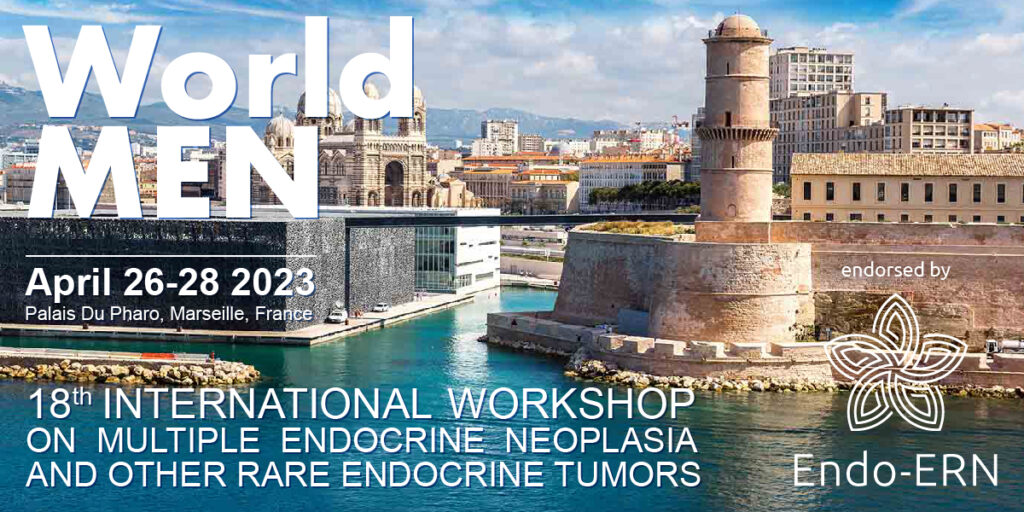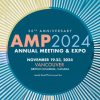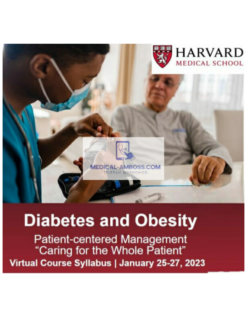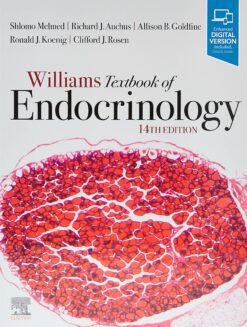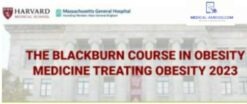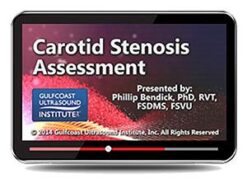Atout Organisation Science 18th International Workshop on Multiple Endocrine Neoplasia and other Rare Endocrine Tumors 2023
$30.00
This Product is shared via google drive download link, So please share your correct Gmail id while placing the order .Please note that there are no CME points or certificate associated with this course Samples for Courses Can be found here : Free Samples Here!
Include: 15 videos + 1 pdf, size: 14.48 GB
Atout Organisation Science 18th International Workshop on Multiple Endocrine Neoplasia and other Rare Endocrine Tumors 2023
Include: 15 videos + 1 pdf, size: 14.48 GB
Target Audience: endocrinologists, endocrine surgeons, oncologists, medical geneticists, nuclear medicine specialists, radiologists, pathologists
Information:
The 18th International Workshop on Multiple Endocrine Neoplasia (MEN) and Other Rare Endocrine Tumors 2023, organized by Atout Organisation Science, is a high-level scientific meeting dedicated to advancing clinical care and research for MEN1, MEN2, MEN4, and related rare endocrine neoplasms. Through expert keynotes, multidisciplinary panels, and case-based discussions, the workshop delivers cutting-edge insights spanning genetics, diagnostics, targeted therapies, and long-term management—designed for immediate impact in practice.
What You Will Learn
-
How to integrate contemporary genetic testing and counseling into MEN and rare endocrine tumor care
-
Best practices in surveillance strategies (age- and genotype-tailored) for high-risk patients and families
-
Nuanced diagnostic pathways using biochemistry, imaging, and pathology to differentiate complex presentations
-
Therapeutic decision-making across surgery, systemic/targeted therapy, and active surveillance
-
Multidisciplinary coordination for lifelong follow-up, transition of care, and quality-of-life optimization
-
Interpretation of emerging evidence, trials, and guidelines to personalize treatment
Event Details
-
Event: 18th International Workshop on MEN & Other Rare Endocrine Tumors 2023
-
Format: Sessions available on demand (where applicable)
-
Program Highlights: Expert roundtables, tumor boards, clinical controversies debates, young-investigator sessions, and networking opportunities with global leaders
Who Should Attend
Endocrinologists, endocrine surgeons, oncologists, medical geneticists, nuclear medicine specialists, radiologists, pathologists, pediatric endocrinologists, advanced practice providers, nurses, and researchers focusing on MEN syndromes and rare endocrine tumors. Trainees and early-career investigators seeking mentorship and exposure to state-of-the-art care are especially welcome.
Why Attend
This workshop uniquely concentrates world-class expertise on a challenging, often under-represented disease area. Attendees gain practical frameworks for complex decision-making, up-to-date knowledge on genetic and therapeutic advances, and a global network for collaboration—returning to clinic with clearer pathways to deliver safer, more precise, patient-centered care.
Topics:
-
Genetics & Counseling: MEN1, RET (MEN2), CDKN1B (MEN4), mosaicism, variant interpretation, cascade testing
-
Screening & Surveillance: Age- and genotype-based schedules; pediatric vs adult pathways; imaging algorithms
-
Parathyroid Disease: Hyperparathyroidism in MEN—indications, extent of surgery, re-operation strategies
-
Pituitary Tumors: Prolactinomas, somatotropinomas, corticotropinomas—medical therapy vs surgery, recurrence management
-
Pancreatic/Entero-Pancreatic NETs: Localization, grading, surgical timing, PRRT and targeted therapies, functional syndromes
-
Adrenal & Pheochromocytoma/Paraganglioma: Biochemical work-up, imaging, perioperative care, genetics-driven management
-
Medullary Thyroid Carcinoma (MTC): Prophylactic vs therapeutic thyroidectomy, neck dissection, systemic options, biomarkers
-
Thymic & Other Rare MEN-Associated Tumors: Risk stratification, surveillance, management nuances
-
Imaging & Nuclear Medicine: Ga-68/64 PET, SSTR imaging, advanced MRI/CT protocols for MEN surveillance
-
Pathology & Molecular Profiling: WHO classifications, grading, molecular signatures guiding therapy
-
Systemic/Targeted Therapies: TKIs, mTOR/VEGF pathway inhibitors, PRRT, immunotherapy prospects
-
Surgical Innovation: Minimally invasive approaches, re-do surgery, organ-preserving strategies
-
Life-Course Care & QOL: Transition from pediatric to adult care, fertility/pregnancy considerations, psychosocial support
-
Clinical Trials & Future Directions: Biomarker-driven designs, real-world evidence, registries, and international collaborations
Related products
Endocrine and Nutrition COURSES
Endocrine and Nutrition COURSES
Endocrine and Nutrition COURSES
Endocrine and Nutrition COURSES
Harvard Diabetes and Obesity Patient centered Management “ Caring for the Whole Patient ” 2023
Endocrine and Nutrition COURSES
Endocrine and Nutrition COURSES
Harvard Diabetes Comorbidities and Complications 2023 (Videos)
Endocrine and Nutrition COURSES
Harvard The Blackburn Course in Obesity Medicine Treating Obesity (Course 2023)
